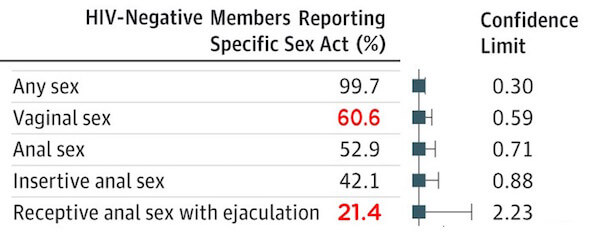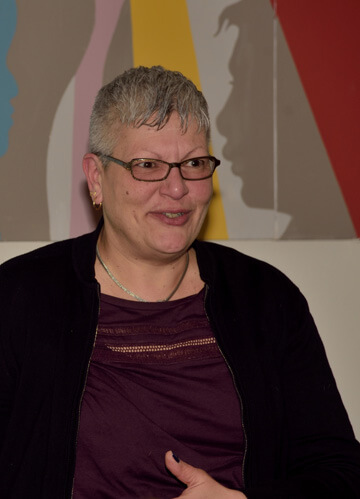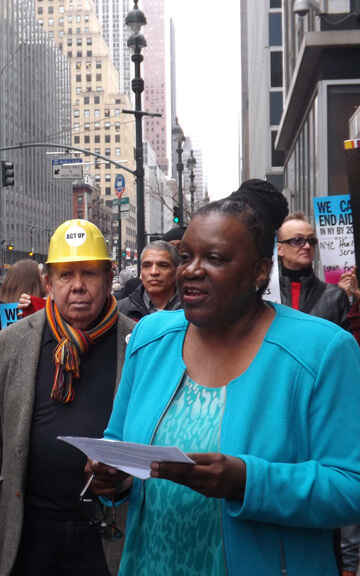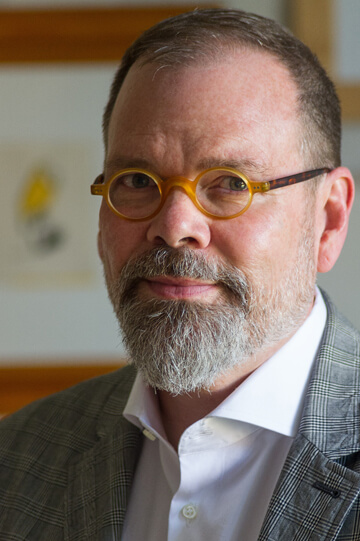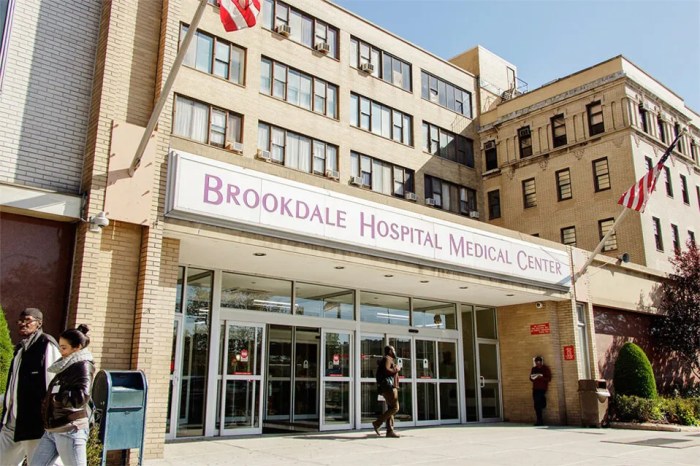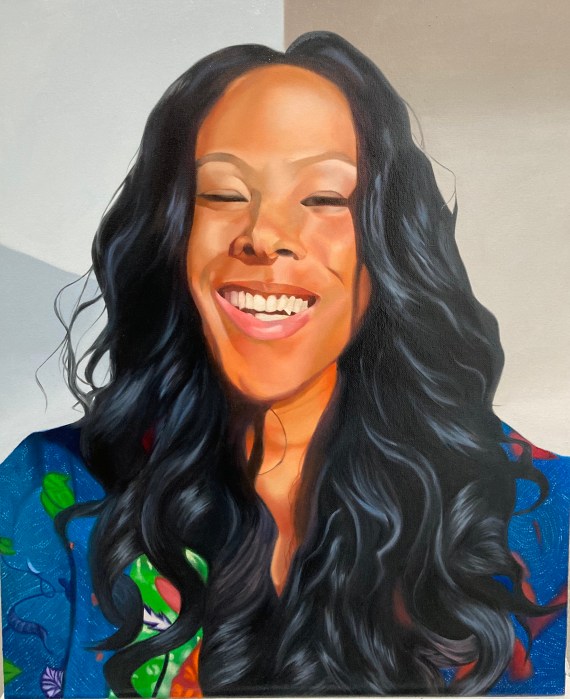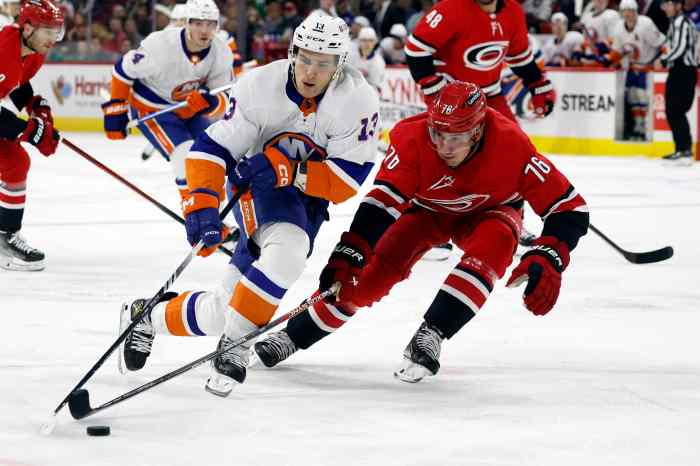It’s the crack of dawn on Veteran’s Day, and Denny Meyer is probably pinning on his medals and getting ready to come to Manhattan for the parade. He’s a short dumpling of a guy with a mustache and a bad back. Words burst out of his mouth when he talks. It seems a stretch to imagine he’s gay. Though he is, serving as a queer activist longer than a military guy. And no discharge in sight.
When I interviewed him last week, I got the idea he was lonely, despite all the work he does for groups like American Veterans for Equal Rights. It’s not surprising though, an aging gay vet in a community that’s uncomfortable with anybody who’d join a military that for decades shot us in the back, tossed us overboard, or beat us to death with baseball bats. Which was really just an extension of a mission to kill the enemy. Which was how we were defined until two years ago when Don’t Ask, Don’t Tell was dumped.
Even straight folks aren’t particularly comfortable with vets. In these years of a volunteer military, we’re all less likely to know even hets in uniform, and we assume joining up is either for gun nuts or the poor and working class desperate for college money. Education is why my cousins went in years ago. Then their kids did it because it became the family business.
When I asked, Denny said he enlisted for patriotism, in a moment of youthful idealism. His family were refugees from World War II and the Holocaust. Raised in New York, he was taught that there was “nothing more precious than American freedom. Because the family was saved. By this country. Otherwise they would have been killed by the Nazis.”
This experience translated into his mother’s own version of silence equals death, a mandate to get involved, right wrongs, fight injustice, or face the consequences. Already in 1960, when he was 13, he participated in his first civil rights march, and got a bloody head for his trouble. And when he saw people burning flags in 1968, he left college to join up. “It’s time to pay my country back for my family’s freedom.”
I don’t think we understand that feeling anymore. A gratitude for freedom and democracy. A desire to protect or serve it. What remains of it anyway. The Left especially cringes in the face of those words –– freedom and democracy –– claiming they’ve been dirtied up by the likes of George W. Bush and the saintly Reagan, with his dirty little wars. When the Left speaks disparagingly of American privilege, they usually mean our great wealth, the power of money and might at our fingertips, and ignore the things that are slipping away under the waving flags of Homeland Security or the Patriot Act.
For a while, the journalist and gay lawyer Glenn Greenwald seemed like an outlier, a freak, going on and on about civil liberties well after Obama got elected and most Democrats fell into silence about that prison camp Guantanamo, black ops, disappearances, the muzzling of free speech, profiling, domestic spying, endless wiretaps. If Snowden hadn’t started feeding him info, Greenwald would still be just one more crazy activist screaming in the wilderness. Undone by his anger and refusal to mince words. What’s wrong is wrong.
The Left, especially the queer one, doesn’t connect the dots. That civil liberties and democratic rights are the foundation of our progress. If you want to change laws or attitudes, you need a brave few to come out and exercise their rights to speak and assemble. Shout their heads off. Spend a good chunk of their lives demonstrating. Like Maxine Wolfe. Margarita Lopez. All those queers in ACT UP, Queer Nation, the Lesbian Avengers, and plenty that came before.
We have fewer activists, fewer activist groups, a case of mass amnesia. The huge groups of the LGBT movement have gobbled up the small like any multinational. Gay rights is a profession, not a calling. Few people serve anymore. For a while I followed a bunch of blogs of young lesbians on Tumblr, and they seemed as isolated as any gay vet, who at least has a purpose. I say it’s time to institute a queer boot camp. Give them meaning, a community. Tell them there’s plenty worth fighting for. And it’s all at risk. History doesn’t move in some inevitably upwards arc. Gains are fragile. And come at great cost.
They’d have to be crazy to join up, though. The LGBT community outside the big conglomerates isn’t for the faint of heart. We prefer our heroes dead, so we can edit their speeches, put words in their mouths. The living we despise. We harangue our politicians for their compromise and carefulness, and reject our veteran, big-mouthed activists for their shrill, uncomfortable cries.
The full audio of the Denny Meyer interview is here.



























